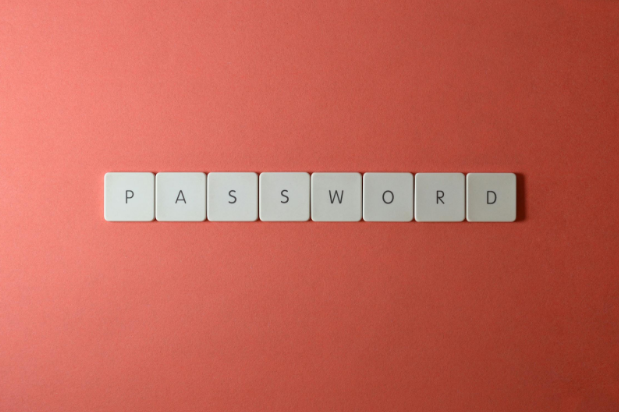Keeping login details secure in the virtual space is crucial, or you will fall victim to scammers or hackers. They are potentially on the lookout for people who don’t incorporate enough safety measures to prey on them. Since you won’t hand out your house key to every Tom and Harry, enforcing safety protocols on private info is essential. Otherwise, you are indirectly handing yourself to these fraudsters.
 These days, we have got tons of virtual accounts that we operate. They range from financial apps and gaming sites to digital media platforms. It is possible to do almost everything online, sports inclusive. For instance, you can seamlessly create an account and access the ggbet football markets here virtually for a chance to get the latest updates and place a bet on the possible outcomes. In this light, let’s take a look at some ways through which individuals can safeguard their information on these virtual sites.
These days, we have got tons of virtual accounts that we operate. They range from financial apps and gaming sites to digital media platforms. It is possible to do almost everything online, sports inclusive. For instance, you can seamlessly create an account and access the ggbet football markets here virtually for a chance to get the latest updates and place a bet on the possible outcomes. In this light, let’s take a look at some ways through which individuals can safeguard their information on these virtual sites.
Simple Ways to Stay Safe in the Virtual Space
In the virtual world, the safety of your personal information is paramount. They are pretty straightforward and offer the best results. Once you adhere to and implement these rules, you can surf the internet without worrying. Let’s dig in!
Stay Away from Public Wi-Fi
Using public Wi-Fi can be challenging to ignore since it is for general use. Note that no matter how resourceful it can be, these are a couple of downsides to consider. One of them is that it is often susceptible to hackers. These intruders have easy access due to the fewer security protocols in place for protecting these networks.
If you must connect to a public network, ensure you use it wisely. In this case, avoid signing to liable accounts like your financial applications. Virtual Private Network (VPN) is a viable instrument for bypassing this con. It aids in concealing IP addresses and protecting personal identity and account details.
Generate Unique Passwords
 Passwords are quite essential if you must own an online account. When generating a password, ensure you don’t use something simple and presumed. Instead, create passwords for online accounts with different numbers, special symbols, and letters (small and capitalized). This way, you can be less prone to succumb to cybercriminals.
Passwords are quite essential if you must own an online account. When generating a password, ensure you don’t use something simple and presumed. Instead, create passwords for online accounts with different numbers, special symbols, and letters (small and capitalized). This way, you can be less prone to succumb to cybercriminals.
Use a Password Manager
An average modern man owns multiple online accounts ranging from different sectors. Each of these personal profiles should have a password to protect them from infiltrators. To keep a record of these passcodes, this is where this tool becomes effective. It saves your passwords and automatically input them whenever you want to access them.
Two-Step Verification
2FA is a secondary, essential security measure that protects your online accounts. Usually, pin codes are sent via different modes to verify if you are the legitimate owner of the account. With the Two-Step Verification in place, every login attempt is verified before access is granted. This is another effective approach to avoid being hacked.
Identify the Signs of a Virtual Infiltration
Before your account becomes hacked, certain signs can help you prevent full infiltration. Knowing them helps you be less clueless and vulnerable to hackers. Here are some of the things that you should watch out for:
- Skyrocketing data usage
- Strange requests to replace passwords
- Swift draining of your device’s battery
- Automatic installation of applications on your device
- Operating System lag and disruptions
Here are some of the things to note, among others. However, note that they are not limited to these. Once your device begins acting weirdly, be on alert. Never ignore these signs, as they are crucial to protecting your details, financial or not.
Never Share Codes or Data Online
Virtual media accounts are one of the most susceptible platforms to hacking. This can continue persistently if you do not adhere to some of the tips above. Consequently, be wary of disclosing your personal information to others. Never share codes, especially one-time ones, with anyone. If you get a one-time code without signing in to your account, change your password immediately. Scammers cook up different enticing stories, so be careful not to fall victim to them.
Stay Skeptical and Vigilant!
Day after day, these scammers are becoming quite creative in their methods of deception. Don’t be too quick to click on any links or notices. Identify these signs of virtual infiltration and act swiftly using practical approaches. Generate unique passwords, use Two-Factor Authentication, stay away from public Wi-Fi, and regularly store essential information on your devices to a secure cloud or hard drive.

